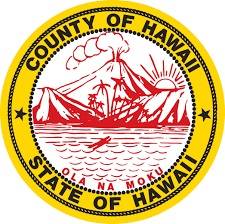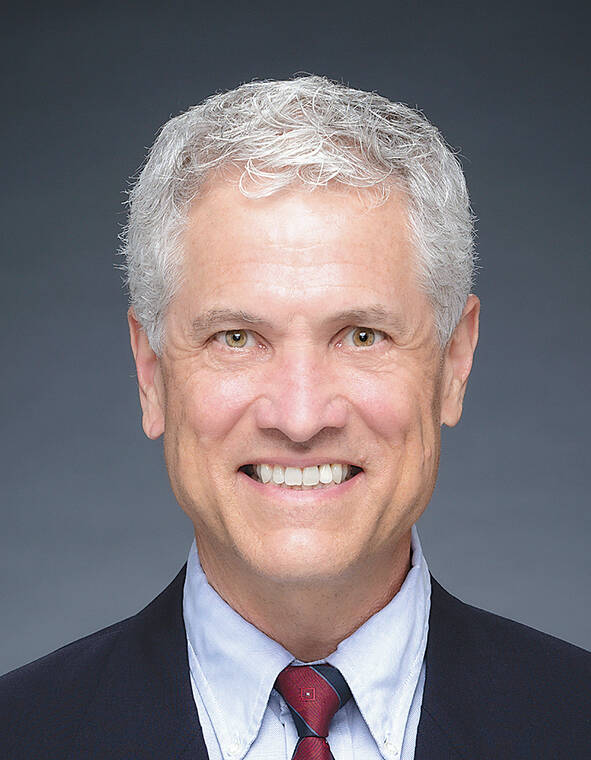Raises are coming to top county officials, but exactly how much was a topic of some debate during a Salary Commission meeting Wednesday.
Commissioners want to address discrepancies created when union-negotiated raises at the state level put some of the county middle managers at higher pay than their bosses. But several commissioners worried about the impact raises will have on a county budget that already relied this year on tax hikes to balance.
“Everyone in this room wants pay raises for our friends and neighbors who are in these positions,” said Commissioner James Higgins.
Including benefits, “the packages can be huge,” he said.
Commissioners debated on which should come first: How much the county can afford, or a fair salary for administrators.
“We’re mandated by the county charter,” said Commissioner Thomas Fratinardo. “I’m not going to assume whether the county can afford it or not.”
The mayor and top administrators last got raises in 2014.
The county charter gives the Salary Commission the responsibility to set salaries of top officials in the county. The commission has no jurisdiction over union members. Salaries set by the commission cannot be changed by the County Council or the mayor.
Some commissioners worried that the county would have to again raise property taxes or cut services in order to factor in raises when balancing the budget. But that shouldn’t be their concern, said Finance Director Deanna Sako.
“Your duties are to set the salaries and we’ll find the money, so to speak,” Sako said.
The charter states, “The commission shall review and compensate all county elected officials and appointed directors and deputy directors so that their total salaries and benefits have a reasonable relationship to compensation in the public and private sectors.”
The charter does not address “salary inversion,” where directors make less than their subordinates. That’s a big issue for the Hawaii Police Department, said Police Commission Vice Chairman Peter Hendricks. The police chief makes $132,000 annually. The deputy police chief makes $126,894. In contrast, raises that took effect this year mean assistant chiefs make $146,116 and majors make $133,647.
The Police Commission wants the chief’s salary set at 20 percent more than the highest paid subordinate, and the deputy chief’s set at 10 percent of the highest paid subordinate.
The charter directive to make salaries have a “reasonable relationship” to public- and private-sector positions had commissioners seeking more information.
The public-sector information was readily available.
For example, the mayor of Hawaii and Kauai counties makes $132,000 annually, compared to Maui mayor’s $151,979 and Honolulu’s $173,184, according to the most recent data available. The Hawaii County police chief’s $130,818 compared to Kauai’s $127,313, Maui’s $151,200 and Honolulu’s $191,184.
Private-sector information will take some research, commissioners said. Commission Chairman Hugh Ono asked staff to gather more information. In the meantime, Ono will set parameters for a special investigatory committee to be named at an Oct. 27 meeting.
Commissioner Milton Pavao wanted a big picture approach.
“We need to know where we are before we go someplace else,” Pavao said.
Public employee union raises this year added more than $9 million to the county’s $491 million budget. More raises for rank-and-file workers covered by union negotiations are anticipated next year.
“We’re all pushed by collective bargaining when it comes down to it,” said Commissioner Harold Dow.
Under the Salary Commission, top county officials in 2014 got raises from 5 percent to 21 percent, bringing salaries for County Council members to $52,008; council chairman to $58,008, and most department heads to $99,000.






